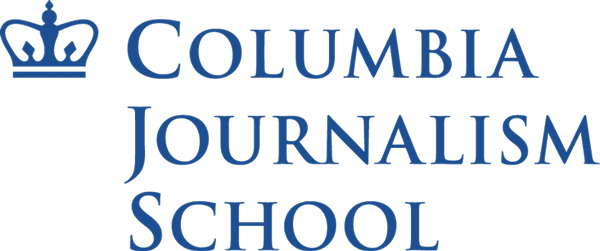
Columbia University has a long history of student protest. (Credit: Claire Davenport)
Pro-Palestinian protests have unfolded on college campuses across the country over the past few weeks, including Columbia University. There’s a long history of student protests on college campuses, from anti-Vietnam War demonstrations in the 60s to anti-apartheid protests in the 80s. But how effective are these protest movements, and how are they often remembered?
Claire Davenport spoke to Dana Fisher, the author of “Saving Ourselves From Climate Shock to Climate Action,” about how protests, like the ones at Columbia, can spark meaningful social change.
Fisher discussed how to measure the success of protest tactics and the impact of media coverage on public perceptions of protest. She also spoke about the effects of violent repression on peaceful protests and the long timeline for protest demands like divestment – processes that often take years.
Listen to this story:
About the author(s)
Giulia Leo, originally from Bari, Italy, is a reporter and audio producer at the Columbia Journalism School.
Claire Davenport is a master's student at Columbia University School of Journalism with a focus on audio and healthcare.



